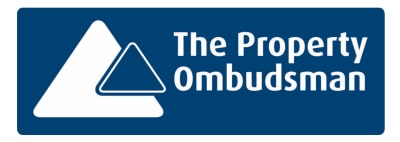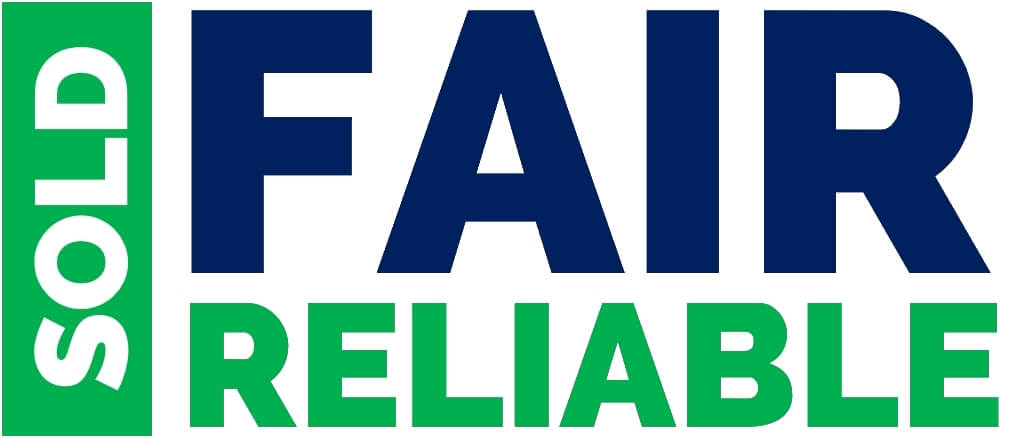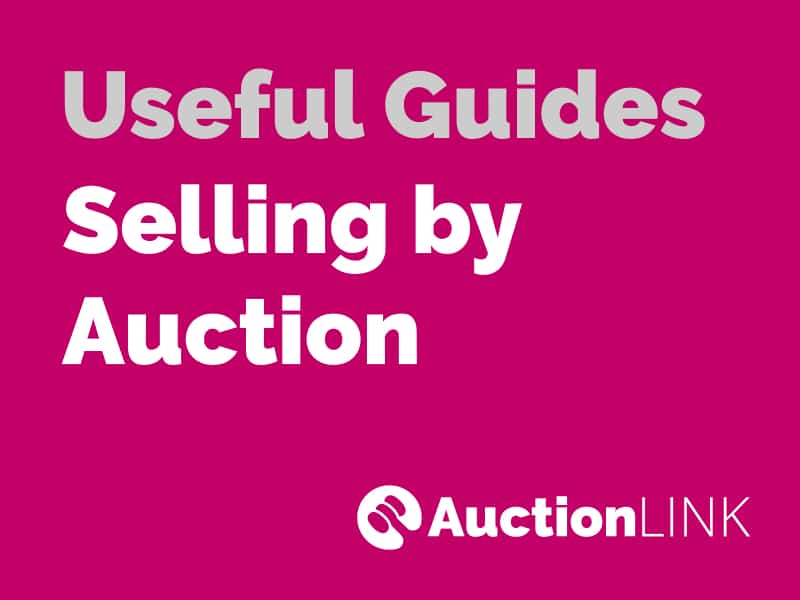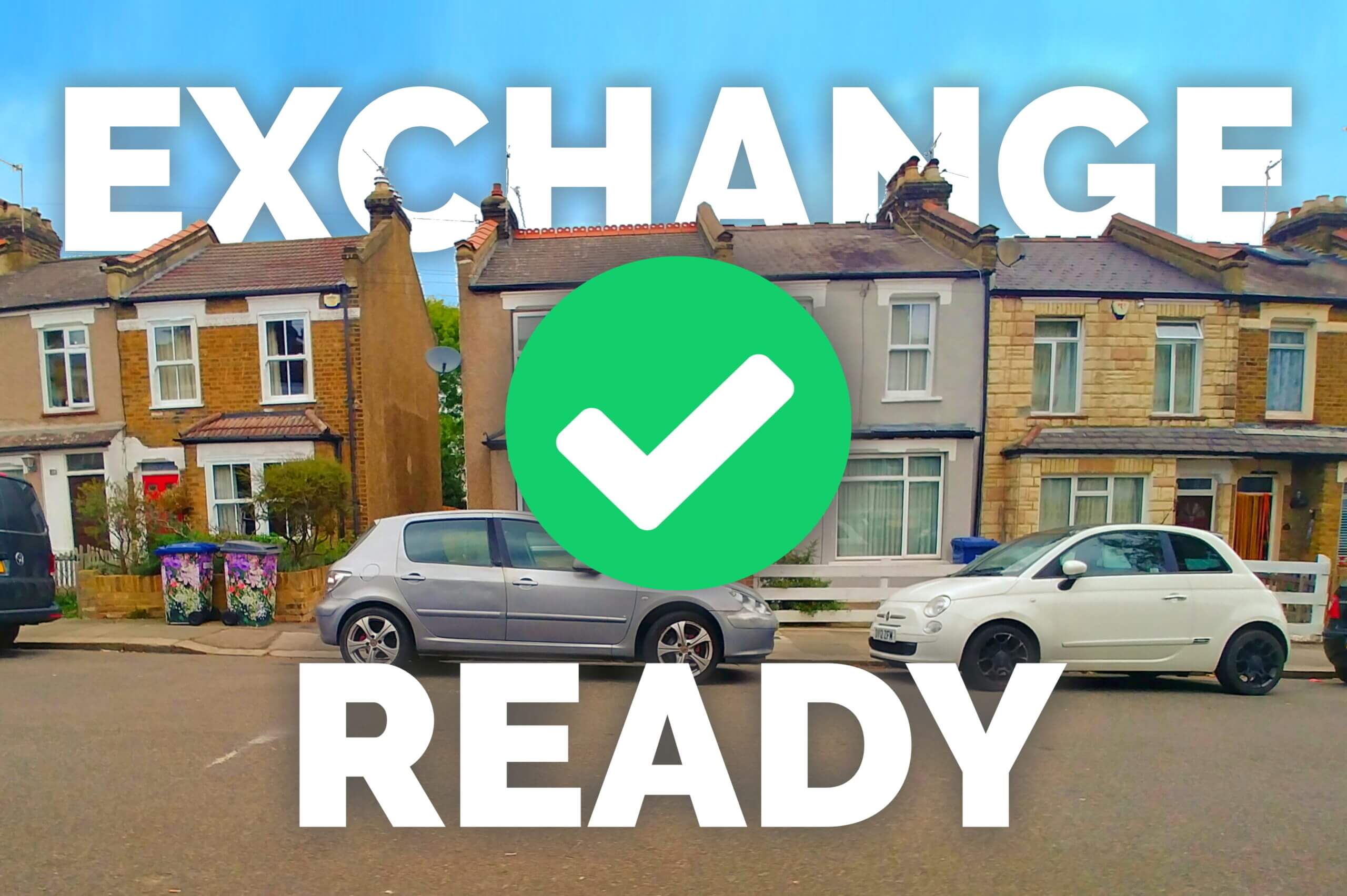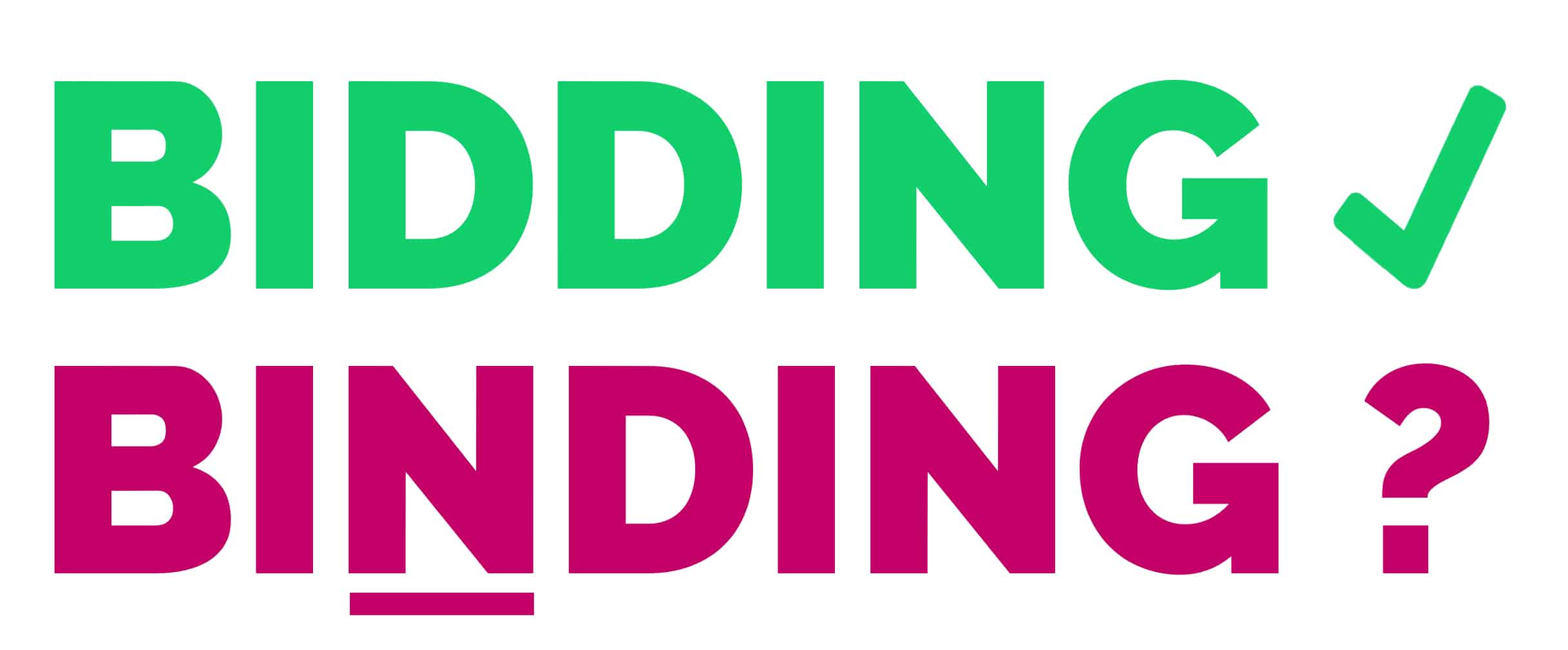Modern Auction
If you’re interested in a reliable house sale, but your personal circumstances or property type are not suited to traditional public auction, you might find “modern auction” to be a good option.
Call 0800 862 0206 for your FREE sale price estimate
The approach to selling a home by modern auction has been around since the 1990’s and its popularity is increasing year by year.
Combining the speed and certainty of an auction sale along with the marketing effort of a good local estate agent, modern auction might be better described as a hybrid auction or an extended auction.
Last updated by Mark Grantham on 5th February 2025
🔲 Suitable for any type of property, including high value properties.
Long gone are the days when auction was only suitable for low value and run-down properties. Modern auction offers a quick and reliable method of selling properties in any condition. From uninhabitable houses to luxury new build flats. And the lowest value studio flats to multi million pound houses. Also suitable for commercial premises.
IMPORTANT!
Modern auction can be divided into 2 types:
- Unconditional
- Conditional
Unconditional modern auction is legally binding. The successful bidder exchanges contracts at the end of the auction. The true rules of auction apply!
Conditional modern auction is NOT legally binding. The successful bidder does not exchange contracts at the end of the auction, instead they only pay a reservation fee and can back out of their purchase.
Throughout this article, when we talk about selling by modern auction we will be referring to the unconditional type of modern auction, where the sale is legally binding at the end of the auction.
If you’re interested in knowing more, it’s worth reading our guide to the difference between unconditional and conditional auctions.
Whilst there is certainly a place for the conditional type of auction, we find that most of the property sellers we talk to have a preference for the unconditional type of modern auction.
Jargon buster Interestingly, some modern auctioneers refer to their unconditional auction service as a “traditional auction.” What they mean is that the original, fundamental auction rules apply – making the sale legally binding when the hammer falls.
To clarify the type of auction service being offered, ask the auctioneer these two key questions:
- Is the auction subject to conditions (where the buyer can back out), or is it unconditional?
- What is the duration of the bidding period? Is it a brief session lasting a few minutes on a single day, or an extended window spanning an entire month?
Modern auction utilises the sales and marketing effort of a local estate agent, along with the transparency and efficiency of an auction sale. And this is all organised by one company – the “modern auctioneer”.
KEY POINT: With a conventional estate agency sale, when an offer is accepted the estate agent will stop actively marketing the property; viewings are stopped and the property is marked as “sold subject to contract”. All of a sudden, control of the sale is passed from the seller to the one and only selected buyer. If the buyer decides to reduce their offer or walk away from the sale, the entire process has to begin again, the sale is back to square one.
Modern auction is different; ALL prospective buyers can make an offer and bid against each other, which means the seller achieves the best possible price and isn’t at the mercy of just one buyer. It’s a very simple solution to the inefficient, out-of-date sales system we have in England & Wales!
Along with the help of the auctioneer, the seller sets the rules for the auction; agreeing a reserve price (minimum allowable sale price), start date and the duration of the auction – typically 30 days or more, but can be less if the seller needs a very quick sale.
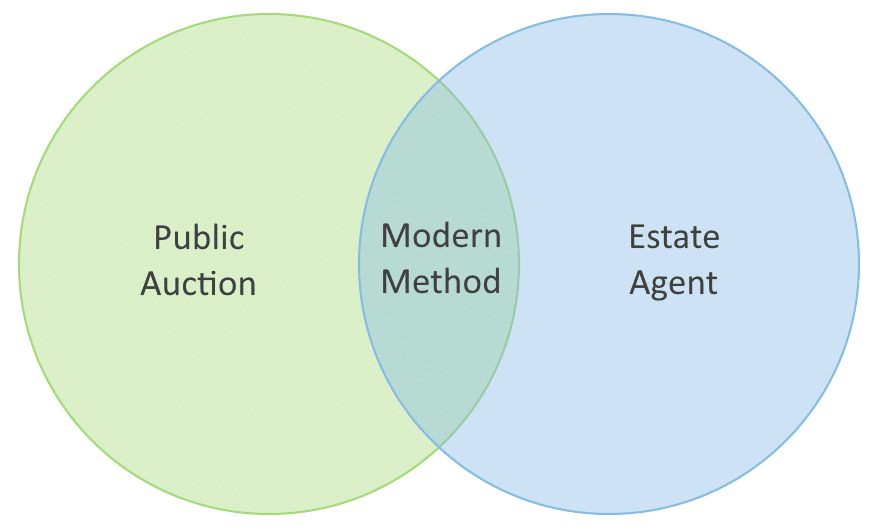
The modern method combines the services of an auctioneer and a local estate agent.
1. No chipping away at the sale price. Rather than the buyer being able to reduce their offer (typically after the survey or the day before exchange), with the modern method the buyer is only allowed to INCREASE their offer, so the sale benefits from competitive bidding – just like a traditional auction sale.
2. No fall throughs. With a normal estate agency sale, the buyer can withdraw their offer and back out of the sale for any reason (or no reason at all), or the buyer can continually postpone exchange of contracts. But with the modern method the buyer is committed to exchange contracts at the timescale specified by the seller.
Ready for auction?
Request a free valuation and reserve price estimate for your property today. In some cases we may need a few more details about your property before providing a free and no-obligation auction sale estimate.
Taking away control from the buyer makes a big difference, but it doesn’t stop there. Selling a property using the modern method also takes control away from the estate agent (when compared to a normal estate agency sale). Just like traditional public auction, the sale is considerably more transparent; any manipulation or influence from a third party agent is removed. There’s no way an estate agent can secretly favour one buyer over another or accept any underhand inducements from a buyer. The only way a prospective buyer can secure their purchase is to offer more and bid higher!
Removing any influence from an estate agent is also helpful when competing against other property sellers. Estate agents are more likely to prioritise a property if they know the seller is on the verge of serving notice to them, so rather than risk losing their commission they might favour that property over others, putting your property on the back-burner. The modern method takes away that control and each property is sold on its own merits – not juggled around by the estate agent.
On the whole estate agents do a great job when it comes to encouraging prospective buyers to make an offer and help progress sales. But if you’ve ever had the feeling your estate agent’s not pulling their weight or that prospective buyers might be going astray, then taking the work out of their hands might help. With the modern method, buyers don’t submit their offer to the estate agent but place their bid online, once again taking further control away from the estate agent.
Choosing between a traditional auction sale and the modern method of auction will depend upon your property type and personal circumstances. The pro’s and con’s of both types of auction sale are described below.
Advantages of the traditional method of auction
The modern method of auction has many benefits, but there are circumstances where a traditional live public auction still remains the best option.
1. Properties not suitable for mortgage lending. On the whole “cash buyer only” properties are best sold at traditional auction, mainly because traditional auction attracts an audience of cash buyers. That’s not to say “cash buyer only” properties cannot be sold using the modern auction or even through an estate agency sale. We always recommend that properties in need of modernisation, particularly probate properties are sold at auction (either traditional or modern method) rather than a normal estate agency sale, this article about why to avoid selling a poor condition property with an estate agent explains why.
2. Traditional auction marketing is unique to any other method of sale, its speed and intensity cannot be compared to any other type of property marketing. Within the space of 3 weeks the auction catalogue is printed, the legal pack is available to prospective buyers, open house viewings are conducted and the anticipation of auction day counts down. For residential properties in particular, buyers often become emotionally involved in their prospective purchase, having invested time researching and planning what they can do with the property. Buyers like the guarantee and immediacy of purchase – they know that if they really want the property all they have to do is outbid the competition and it’s theirs – and there’s no risk of the seller backing out.
And the real difference of traditional public auction versus any other type of sale is of course auction day. There may be dozens of bidders in the auction room, on the phone or having already placed their proxy bid.
3. Competitive live bidding is the key differentiator of traditional auction. The competitive bidding environment cannot be replicated by any other method of sale. Unless you’ve bought at auction yourself, you will never know what that sense of excitement is like! The heat of the moment often takes prospective buyers away from their senses – rational thinking takes a short break. Bidders physically being in the room together, in the flesh, seems to do strange things! And if you add to the mix that some bidders might have travelled long distances, not wanting to go home empty handed, the competition can end up producing sale prices way beyond expectations.
Advantages of the modern method of auction
1. Time makes a big difference. With traditional public auction prospective buyers have as little as 3 weeks to prepare for their purchase. From the moment the auction catalogue goes live, prospective buyers have to view the property, check through the auction legal pack with their solicitor, arrange their finances and be satisfied they’re making the right decision to bid for the property on auction day.
All those parts of the buying process take time and buyers at a traditional auction don’t have time to arrange a mortgage for their purchase. If you’ve ever applied for a mortgage you will know it can be a long drawn out affair. And understandably so. Mortgage lenders want to be sure the property represents suitable security so will carry out lots of checks, legal enquiries and a survey before they approve lending. And that’s the reason why most auction buyers will be cash buyers, or they may be relying on a bridging loan – which is quick to obtain but very costly. Some buyers will go on to arrange a mortgage after the auction, but that’s a risk – the mortgage company might not prepared to lend.
By restricting the audience of prospective buyers to cash buyers only, property sellers miss out the many people who would buy if they had the money i.e. mortgage buyers. And this can affect the sale price by 10% or more. The modern method however gives prospective buyers some extra time and flexibility to arrange a mortgage, so the audience of buyers is wider and the final sale price is higher.
2. Properties in fair or good condition are typically better suited to the modern method because buyers will have extra time to arrange mortgage lending, as explained above. If your property is suitable for mortgage lending but you’re marketing your property to “cash buyers only” you risk underselling at traditional public auction.
3. A more approachable method of sale. How many people do you know that have bought a property at a traditional public auction? Probably not many! Traditional auction can seem quite scary and intimidating to some buyers – everything is done very quickly and there’s no one to help buyers through the process, and that limits the audience of buyers. The modern method is different; there’s an estate agent involved in the sale to reassure prospective buyers, to “hold their hand” and relieve any doubts. With the modern method of auction, the audience of buyers is more or less the same as with a normal estate agency sale.
4. Higher reserve price. Buyers at modern auction have a bit more time to organise their finances, so the sale is not just relying on cash buyers. And the audience of buyers at modern auction include owner-occupiers (buying the property to live in) who are not looking for a profit margin, but a home. As such modern method auctioneers are able to offer higher reserve prices compared to traditional auction.
Free auction estimate
Request a free valuation and reserve price estimate for your property today. In some cases we may need a few more details about your property before providing a free and no-obligation auction sale estimate.
With any type of auction, a sale is not legally binding until the fall of the gavel. There needs to be an offer (bid) and acceptance (fall of the gavel) for a contract to be made.
Although it’s rare, a bidder can withdraw their bid before the fall of the gavel.
The fact that bids can be placed over a longer period of time with modern auction, means an early bidder might withdraw their bid before the gavel falls. To overcome the risk of a bid being withdrawn, the auctioneer might ask if you want to close the auction early. There are pros and cons to closing an auction early. A good modern auctioneer will keep you updated throughout the auction with feedback on the level interest in the property, and whether it would be beneficial to let the auction runs it’s full course or accept an early bid.
In most cases we recommend allowing the auction to runs it’s full course and maximise competitive bidding. However, if you are in need of a very quick sale, you do have the opportunity to end a modern auction sale early, if you wish.
The modern method of auction isn’t ideal for everyone’s circumstances – it’s best suited to situations where there is no “upward chain” involved, because if the seller has to synchronise the purchase of their next property with the sale of their current property they might end up in a situation where they’ve sold their current property but not purchased their next property – potentially leaving the seller in a situation where they need to find emergency accommodation. This makes the modern method ideal for vacant properties and buy-to-let properties, or where the seller is moving into a chain free purchase e.g. a new-build property or an already vacant property. But not ideal when selling a property with other sales in the chain (especially an upward chain) where it can be a safer option to use a traditional estate agency sale.
We often receive enquiries from property owners interested in selling at auction because they want a quick sale but find the reserve price offered by traditional public auction is too low – typically around 15% below market value. So if the benefits of a traditional auction sale don’t work in their favour, the “modern method” is the next best thing because reserve prices tend to be higher.
Here are our top 3 tips to consider when selling your property by modern auction.
1. Conditionality?
As mentioned at the beginning of this article. We tend to find the unconditional type of modern auction is preferred by most home sellers. Note that confusingly, sometimes modern auctioneers refer to their unconditional style of modern auction as a “traditional” auction. To find out more please read our article about the difference between unconditional and conditional auctions. Check with the auctioneer whether the auction service they are offering you is unconditional or conditional.
2. Be prepared
3. Allow competitive bidding
Although it is possible to accept an offer before the end of the auction, it can be worthwhile allowing the auction to run its course to fully benefit from competitive bidding. One of the main benefits of modern auction is the extra time that’s available for prospective buyers to bid, so why not make the most of it by giving every last bidder their chance to bid!
Contact us to find out if your property is suitable for auction. Request a free pre-auction appraisal or feel free to call us on 0800 862 0206 – we’ll be happy to help.
A quick introduction: the modern method of auction combines the speed and certainty of an auction sale, along with the marketing effort of a good local estate agent. If you’ve tried selling through a conventional estate agency sale but are experiencing delays or sales falling through, modern auction could be a good option for you.
Just as with traditional auction, the seller will need to agree to a reserve price when they make the decision to sell their property by modern auction. Whilst competitive bidding can only take the price upwards, there is the risk of selling for no more than the agreed reserve price.
You will need to be a chain-free seller (i.e. you will need to have somewhere to move to when your property sells). With auction, sold means sold – the buyer cannot back out of the sale, and neither can you. If you haven’t secured your next home yet, then modern auction might not be a feasible method of sale for you.
Prefer to talk?
Need help deciding if auction is right for you? Call 0800 862 0206 or request a call back for later.
Looking for an auction sale that benefits from both competitive bidding and a legally binding sale? Whilst we see there is a place for conditional auction sales. We think the legally binding unconditional modern auction sale is what most people are looking for when they choose to sell by auction.
